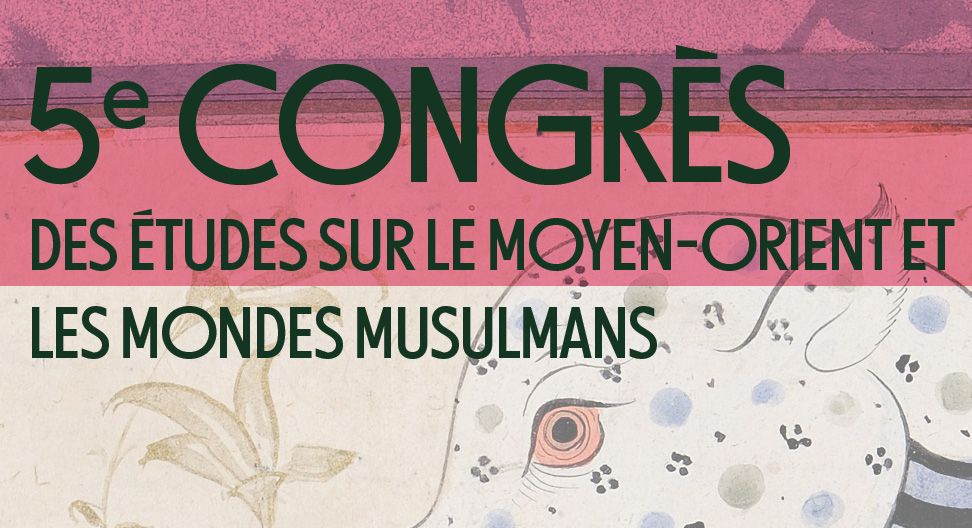
14h30-16h30 > New perspectives on the Ottoman-Safavid conflicts : Writings on the war by soldiers, spies, friars and travellers (late 16th - early 17th centuries)mer 12 juil 23
Résumé : In the 16th and 17th centuries, the Ottoman Empire and Safavid Iran fought a series of wars for control of the frontier provinces of the Caucasus and Arabian Iraq. Following Ismā‘īl I’s crushing defeat at Chāldirān at the hands of Selīm I (1514), and the signature of the Treaty of Amasya between Süleymān I and Ṭahmāsp I (1555), the late 16th and early 17th centuries saw a series of three conflicts in short succession (15781590, 1603-1618, and 1623-1639). The war only ended with the signature of the Treaty of Qaṣr-i Shīrīn in 1639, enacting terms for peace and a longer-lasting border between the two states. The present panel will examine the three conflicts of the late 16th and early 17th centuries, notably the 1578-1590 war, with the objective of providing new perspectives based on original sources. Although these wars have been extensively chronicled by both Ottoman and Safavid court historians, and subsequently discussed in secondary literature, we endeavour to shift focus by relying on hitherto littlestudied texts written by soldiers, spies, friars and travellers, in order to develop novel insights and research questions on the broader conflict between the two states. As such, this panel is conceived in the framework of the ‘Reading Sources in Area Studies’ program developed at CeRMI (Paris) and IREMAM (Aix-enProvence) since 2021, which intends to make a broader case for the use of non-courtly chronicles to write a history of Turco-Iranian encounters, connections and conflicts. Convenor:
Lukas Rybar, Comenius University, Bratislava Davide Trentacoste, The Haifa Center for Mediterranean History Werner Gaboreau, Université Sorbonne Nouvelle / CeRMI Sacha Alsancakli, Inalco / CeRMI
|

